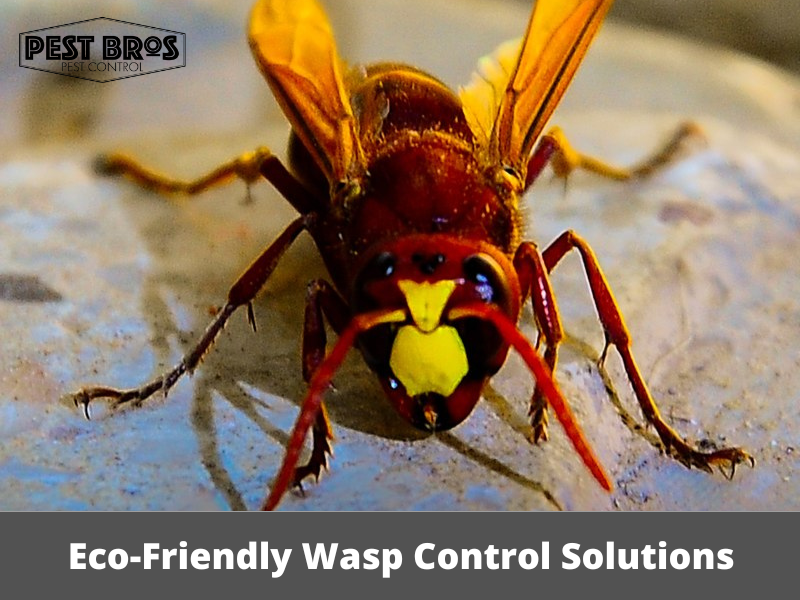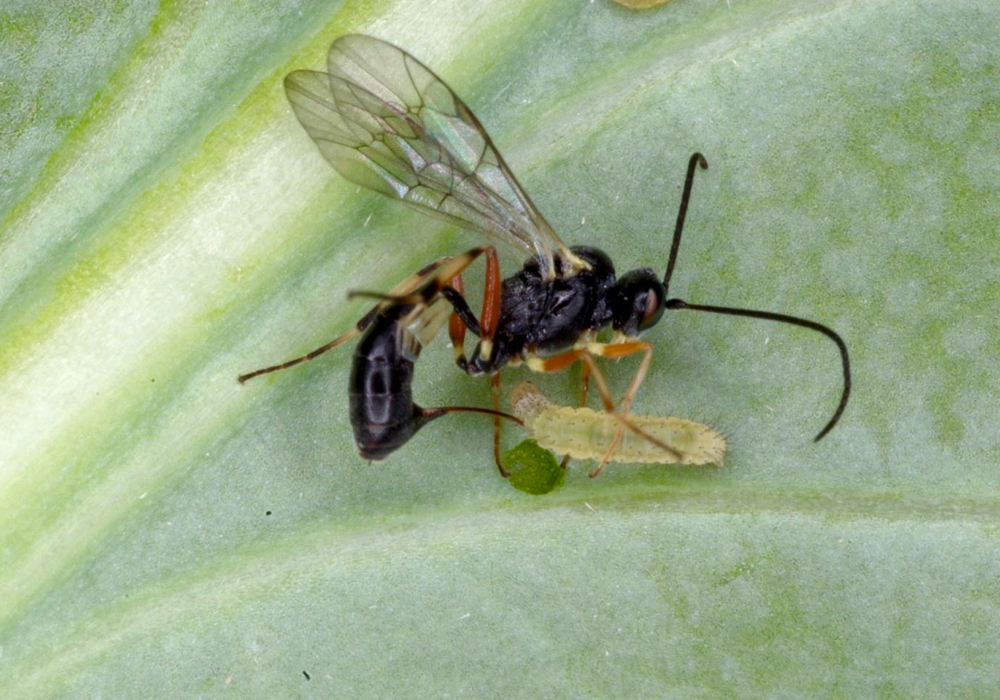

Eco-Friendly Wasp Control: Solutions That Benefit Both You And The Environment
Wasp infestations can convert outdoor spaces from pleasant havens to places of discomfort and danger. Traditional wasp management methods frequently use chemicals harmful to the environment and non-target species. However, eco-friendly wasp control tactics provide a harmonious solution that balances ensuring your safety and protecting the environment. This article will look at sustainable, effective alternatives to conventional wasp treatment that benefit you and the environment.


Understanding Wasps And Their Role In The Environment
Before we get into control techniques, we must understand wasps and their ecological significance. Wasps are not simply pests but pollinate and act as natural pest controls. Recognizing their importance allows us to focus on control approaches that target problem wasps while not disturbing the ecosystem.
Preventive Measures Against Wasps
Maintain Your Garden
Regular lawn maintenance is vital to keeping wasps out of your space. By removing fallen fruits and locking garbage cans, you reduce potential food sources for wasps, lowering the possibility of their settling near your living areas.
Secure Your Home
Wasps look for entry places to create their nests, so seal any cracks and fissures around your home. Pay careful attention to the areas surrounding windows, doors, and rooflines to keep these insects from entering your home and forming unwelcome colonies.
Water Sources
Wasps require water for nest-building and nutrition; standing water in your yard is a big draw. To keep wasps from gathering and nesting in your outdoor spaces, check for and remove sources of stagnant water regularly, such as plant saucers, bird baths, and blocked gutters.
Natural Repellents For Wasps Control
Essential Oils
Citronella, eucalyptus, and peppermint oils are recognized for their potent odors and natural repellents against wasps. By diffusing these oils or spraying diluted solutions over outdoor spaces, you can make the environment less appealing to wasps without using dangerous pesticides.
Plants That Repel Wasps
Mint, basil, and lemongrass not only add taste to your dishes but also emit aromas that wasps avoid. Planting plants in your garden and seating areas will help naturally repel wasps while also improving the beauty and functionality of your outdoor settings.
DIY Wasp Traps
You can make an efficient, non-toxic trap by combining sugar and water or vinegar. This homemade remedy lures wasps inside with the promise of food but prevents them from escaping. It controls wasp populations without introducing poisonous compounds into the environment, making it safer for you, your family, and wildlife.
Takeaways
Adopting eco-friendly wasp control measures protects you and your loved ones from wasps and helps maintain our ecosystem’s delicate balance. Using natural solutions, we can enjoy our outdoor spaces while preserving the environment. If you have a wasp problem and require professional assistance, The Pest Bros provides environmentally responsible pest management solutions tailored to your needs. Our team is dedicated to effective, long-term wasp management that protects your health and the planet’s future. Contact us today to learn more about our eco-friendly services and begin the process of making your house safer and greener.
